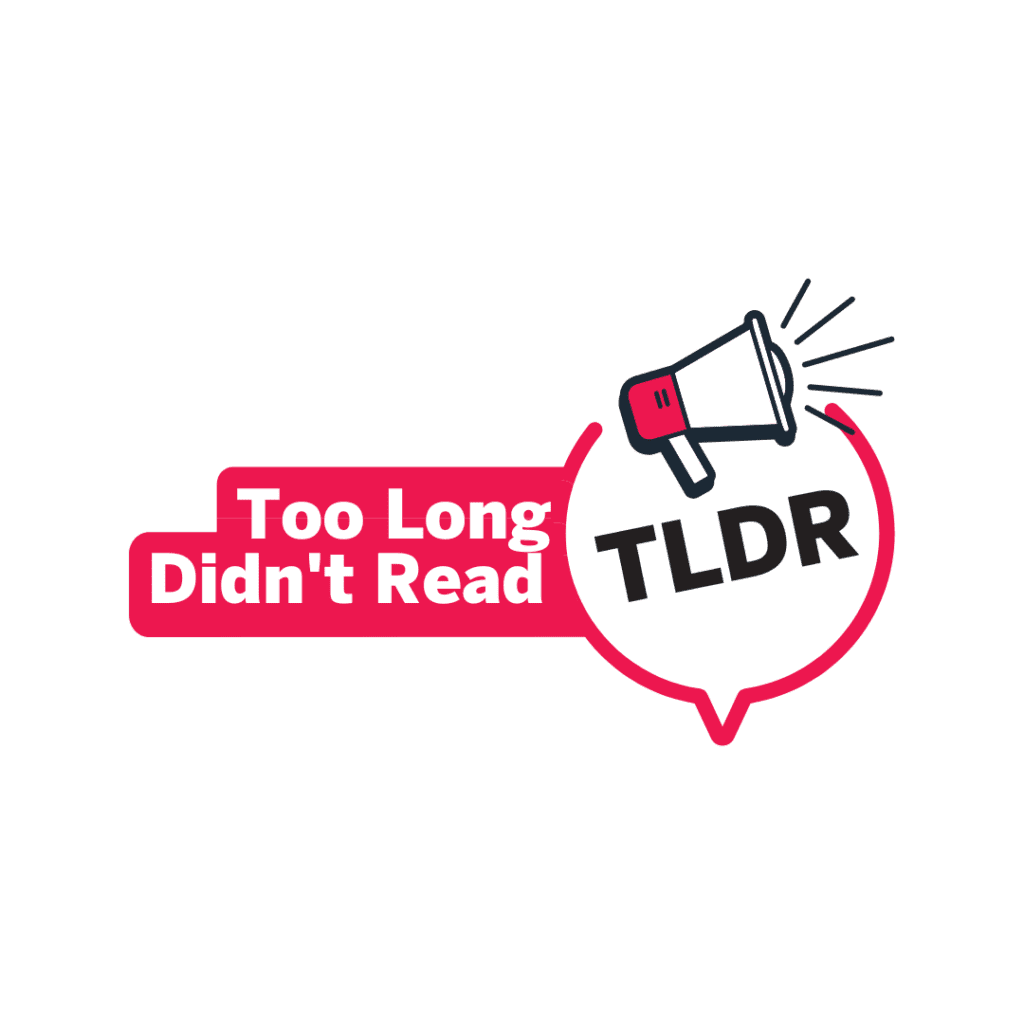

Introduction and context
The focus of the research is the relationship between sport and Christianity (evangelical and Pentecostal) in Greater Vancouver. In a world of increasingly individualism, and disintegrating mass institutions (mass political parties, civil services organisations, mainline Protestant churches) the intention of the research was to understand how increasingly global social mass movements, soccer and evangelical and Pentecostal Christianity respectively, relate to each other in a Canadian context. The study was an attempt to understand why these two increasingly popular social movements had become increasingly important and attractive for people, especially young men, in Canada and the world. With respect to Canada in particular, the study attempts to understand the importance of soccer and Pentecostal Christianity for Nigerians newcomers to the country. This especially important given the increasing immigration, presence and importance of Nigerians in Canada especially in coming to the country as highly educated and skilled immigrants. In understanding the role of soccer and Pentecostalism for Nigerian newcomers, the project attempted to understand how they both act as way to mediate entry for the community into Canadian settler-colonialism. The research is highly significant for stakeholders in understanding the contemporary basis of globally popular mass movements, including soccer, in Canada, which allows us to understand why people desire to be involved in these respective groups. In understanding how they relate to each other Canadian sport stakeholders can understand why newcomers to Canada are attracted and belong to the movements (soccer and Pentecostalism). Understanding how they act together will help sports officials, administrators and government departments of sport, and immigration understand how they can be important in the entry of newcomers into the country.
Methods
Research was completed through a 21-month period of anthropological fieldwork. I conducted participant observation with approximately 75 Christian athletes as they moved across different part of their life from school to the pitch to work to observe and participate in common activities such including playing soccer. I conducted archival research primarily at the City of Vancouver archives and the United Church of Canada archives. I conducted 50 semi-structured interviews with member of the soccer team at North Shore Alliance Church and the soccer players of the Redeemer Eagles soccer team based at Grace Chapel of the Redeemed Christian Church of God denomination. The participants were all men from the churches listed above ranging in age from 18 to 55.
Key findings and implications
There are several key research findings. The first is that soccer and evangelical and Pentecostal Christianity are linked through being highly mobile and highly replicable across place. Becoming a Christian and becoming a soccer player/fan have very low bars of entry enabling them to be mass activities can be replicated and reproduced across place and. Thus, soccer and evangelical and Pentecostal Christianity is a bridge to connect people across space and time which is especially important for Nigerian newcomers to Canada. Within the precarity of coming to Canada, especially in the brutal housing market of Vancouver, soccer and these forms of Christianity provide continuity and stability in the changes in the lives of the young Nigerian men I worked with. They work well together as their mobility allows for them to be replicated very easily with the research subjects finding access to sports fields and this reproducing soccer even in marginal park spaces. Pentecostal Christianity as a denomination has a flexible organisation and less concern for the space of worship, which means churches have a low barrier for creating new parishes. Moreover, soccer and evangelical and Pentecostal Christianity are global mobile forms of identity not tied to place which means it is transnational and can be carried by the adherents across place (it can live in the hearts of the believer for both). The implication of this is the importance of mobile forms of identity that are transferrable and most importantly replicable in new settings and thus valuable for newcomers to Canada
Against the usual associations of individualism in Pentecostal Christianity my research shows that the soccer team was a site for the building of communities of mutual support that were rooted in biblical visions of social relations. The key is that soccer is an intense environment where the affect of the field is one that produces authentic expressions of self in the intensity of the game. Within this revealing of true self the players can begin to form communities of mutual support from the intimacy produced by the intensity of the field. These communities of mutual support can then be developed further by these relations feeding back into the church where they can continue in other ways (without the team being built into an already existing institution it is unclear where these feelings of support would go). This community of support from the team are important with the precarity of life in Greater Vancouver with these bonds creating the necessary social, economic, and spiritual bonds of support that go beyond the team that are necessary within the Vancouver housing crisis and difficulty of finding good jobs, especially for newcomers to Canada. This is especially important given the lack of state support for this group of Nigerian newcomers to Canada. The team therefore has very material concrete effects in creating communities for both Nigerians new to Canada and evangelicals in North Vancouver. The implication of this finding is to centre the affect or feeling of the field in order to understand how soccer can mediate community for newcomers to Canada.
Beyond material effects of community, soccer and evangelical Christianity work well together at these churches as they offer spacers of possibility for the re-enchantment of the world. For the players the soccer field was a space of freedom. This freedom was enticing as it offered a possibility for the players to play out their dreams to be professional players while it was also dangerous, as the players could get emotionally overheated to reveal the state of their heart as sinful. As a result, the soccer field re-enchanted their lives, as it was a space of freedom to play out their failed youthful ambitions to be professional players. This was especially important as the freedom of the field was heightened in comparison to the pressures and difficulties of the uncertainty of being precarious young men in a city without the social network of their hometowns. Evangelical and Pentecostal Christians are forms of religion endowed with possibility where the activeness of a good God provides promise and openness to what the future might be. Again, like soccer the space of the church re-enchants the world to offer the Christian soccer players the feeling of possibility about the openness of the future. The dual focus on freedom offer hope and re-enchantment for evangelical and Pentecostal soccer players in a city with rising rents and house prices where the future feels foreclosed. The implication is the need to concentrate on the emotional quality of soccer and evangelical and Pentecostal Christianity as spaces for mediating and fulfilling stunted ambitions. The focus on possibility-laden-sport reveals the political value of these two activities in providing a guiding direction of hope and re-enchantment. The implication of this is to focus on the players’ own concern for what sport and life might be outside of our limited political horizon.
Strengths and limitations
A strength of the project is the precision of the local context with a very close focus on two churches in Greater Vancouver. The intimacy of the research through fieldwork process allows for very grounded and nuanced understanding of local dynamics, which allows me to present the research in the understanding of the participants’ own words and beliefs. A limitation is only men being involved in the project. Due to the warmer geography of Greater Vancouver soccer can be played year round and holds a different place in the local context than the rest of the country where soccer is a primary summer sport or played indoors in the winter, which may restrict the research findings to different climatic parts of Canada.
Conclusions and next steps
The conclusions of the study are that soccer and evangelical and Pentecostal Christianity share common features of being highly mobile forms of social identity that cut across time and borders. They act as social movements to provide people, especially young men, with social movements where they can project and mediate their goals, and desires for a life of ambition and success especially in circumstances in Canada where they are hindered by barriers into accessing wealth and success. Moreover, the very forms of soccer and Pentecostalism produce a feeling of intensity where the members can form real bonds of solidarity and community. In turn, this can serve as a basis for the creation of communities that are able to help fellow members socially, financially and emotionally in their entry into Canadian life, which is especially difficult for newcomers to Canada who are searching for both stability and ways to navigate their new life in the country. The next steps would to understand the nexus of sport and religion across other religious groups of newcomers to the country such as cricket for both Hindu and Muslim newcomers to the country. Given the importance of sport and religion to many newcomers to Canada this model of exploring their nexus is fundamental for understanding the dynamics of immigration and settlement for newcomers to the country.